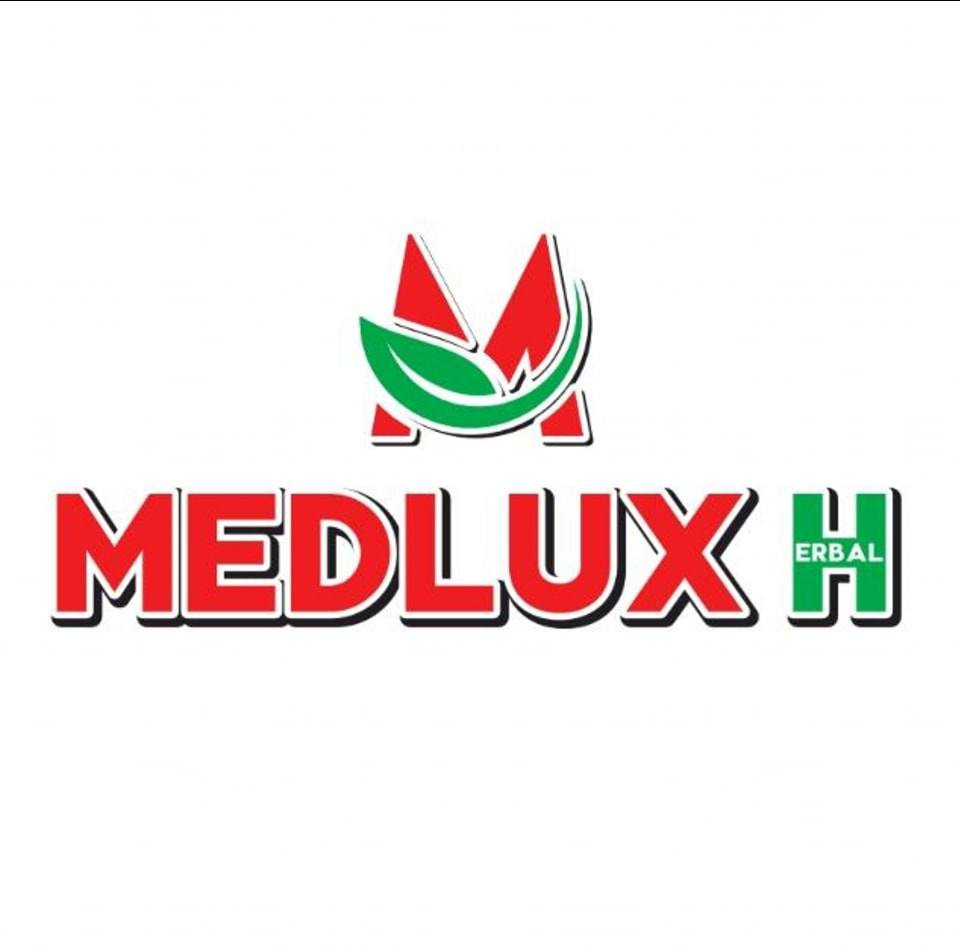Moringa, also known as the drumstick tree, miracle tree, ben oil tree, or horseradish tree, is a fast-growing, drought-resistant tree native to tropical Asia. Here are some key points about moringa:
Nutrient-Rich Composition:
- Moringa contains essential compounds, including:
- Vitamins: A, B1 (thiamine), B2 (riboflavin), B3 (niacin), and C (ascorbic acid).
- Minerals: Calcium, potassium, iron, magnesium, and phosphorus.
- It is low in fat and contains no harmful cholesterol.
- Moringa contains essential compounds, including:
Potential Health Benefits:
- Skin and Hair Health:
- Moringa seed oil may aid in wound healing and promote skin health by reducing oxidative stress.
- It could also benefit hair health.
- Edema Treatment:
- Moringa seed oil’s anti-inflammatory properties may help treat ear edema (fluid buildup around the ear).
- Liver Protection:
- Moringa leaves may protect against nonalcoholic fatty liver disease by reducing cholesterol and inflammation.
- Cancer Prevention and Treatment:
- Moringa contains compounds that may suppress cancer cell development.
- Extracts from various parts of the plant could be useful in treating breast, liver, colorectal, and other cancers.
- Stomach Health:
- Moringa pods benefit digestion and may prevent colon cancer.
- Moringa leaves have a laxative effect and may help with constipation.
- It may reduce stomach acidity and prevent peptic ulcers.
- Antibacterial and Antibiotic Properties:
- Moringa’s properties may help prevent pathogen growth and infections.
- Skin and Hair Health:
Traditional Use:
- Moringa has been used traditionally as food and for medicinal purposes worldwide.
Remember that while moringa shows promise, further research is necessary to fully understand its benefits and potential side effects.






